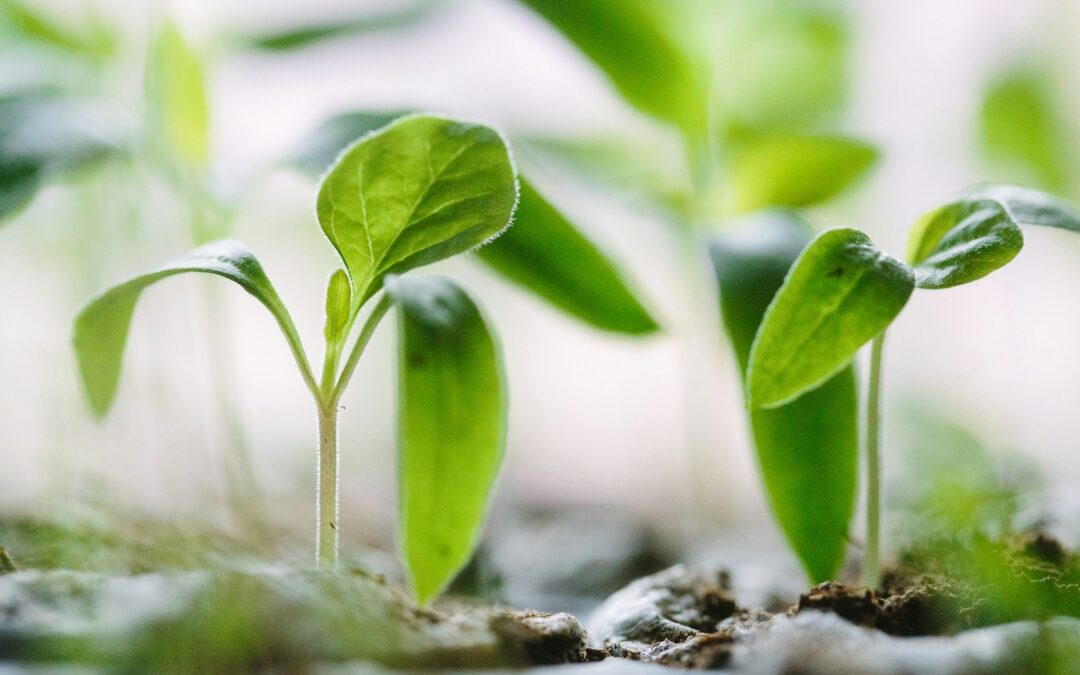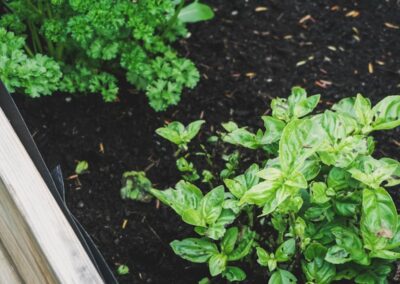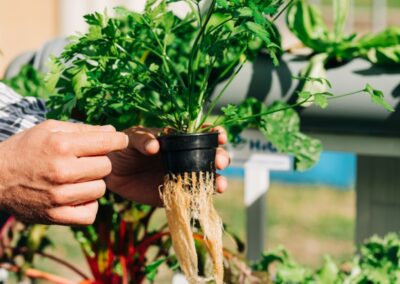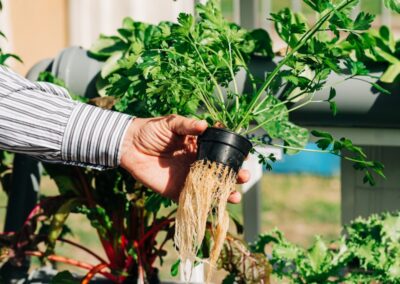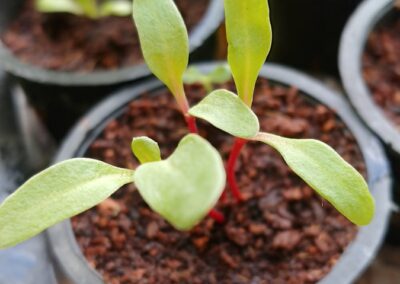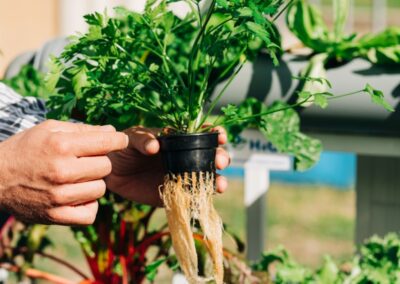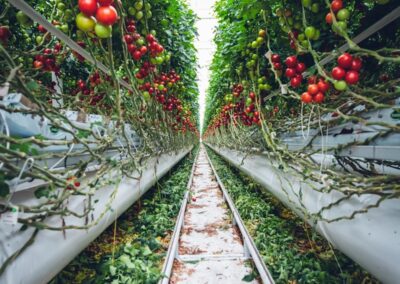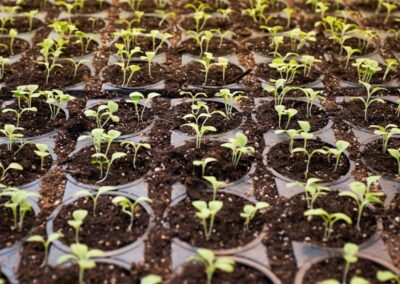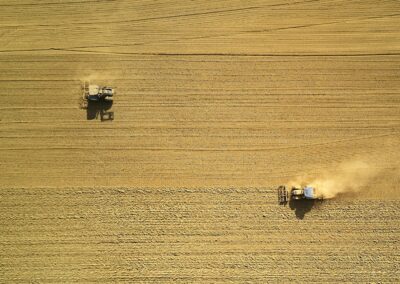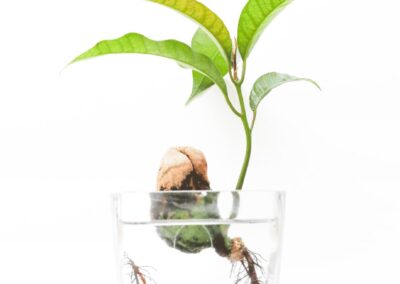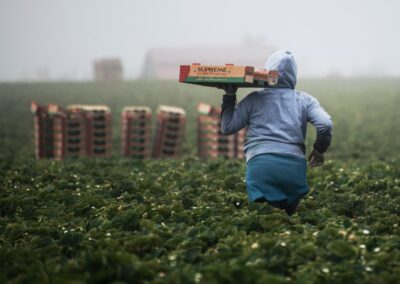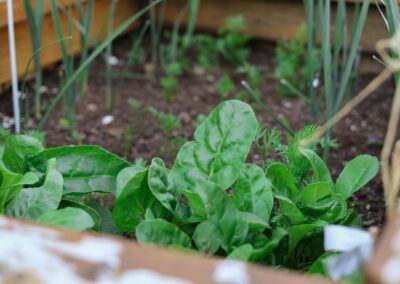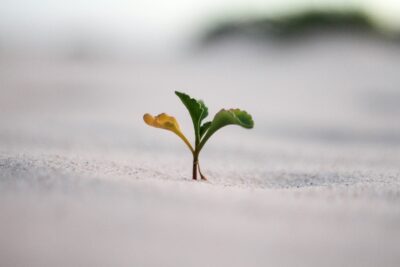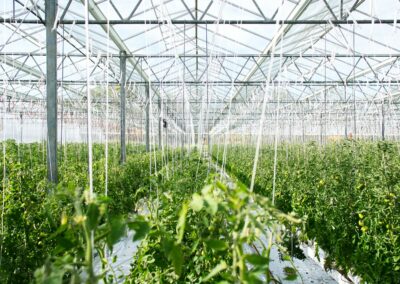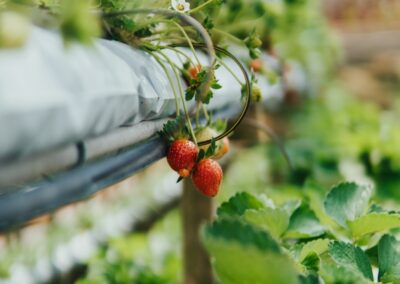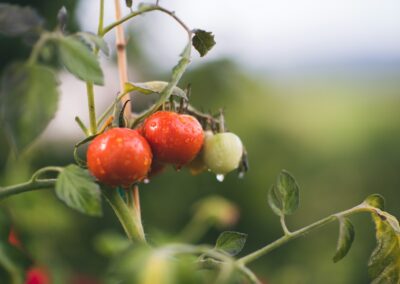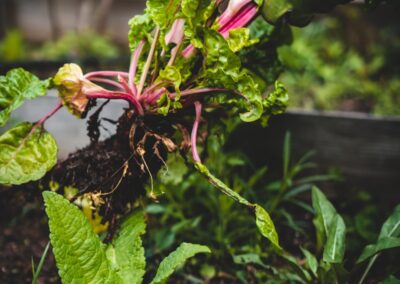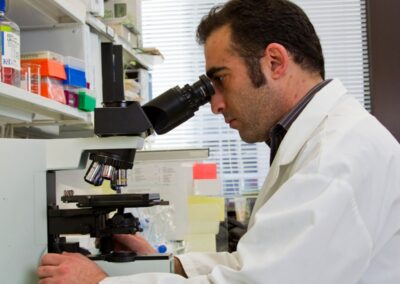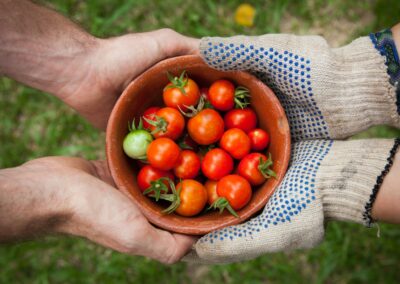Hydroponics and Its Role in Reducing Food Waste
Enhancing Freshness and Quality of Produce
Hydroponics is revolutionizing urban agriculture by offering a method of growing plants without soil, using nutrient-rich water solutions to deliver essential nutrients directly to the plant roots. This technique not only maximizes space and resources but also significantly reduces food waste. In densely populated areas like Riyadh and Dubai, hydroponics ensures that fresh, high-quality crops are produced closer to consumers. This proximity minimizes the time and distance food travels, maintaining the freshness and nutritional value of the produce, and reducing spoilage. By cutting down on the need for long-distance transportation, hydroponics helps to preserve the quality of the food supply, leading to less waste and more efficient consumption.
Supporting Local Food Systems
Hydroponic systems are ideally suited for urban environments, where traditional farming is often not feasible due to limited space. By setting up hydroponic farms in or near cities, local food systems are strengthened. This local production model supports community food security and reduces dependence on imported goods. In Saudi Arabia and the UAE, where food imports are a significant part of the supply chain, hydroponics can play a crucial role in enhancing local food resilience. By growing food within the urban environment, hydroponics ensures a steady supply of fresh produce, reducing the likelihood of waste due to transportation delays or spoilage during transit.
Minimizing Resource Use and Environmental Impact
One of the most compelling advantages of hydroponics is its efficient use of resources. Traditional agriculture often involves significant water and soil use, which can lead to environmental degradation. Hydroponics, on the other hand, uses up to 90% less water than conventional farming methods and eliminates the need for soil, thus avoiding soil erosion and degradation. In arid regions such as Saudi Arabia and the UAE, where water is a precious commodity, hydroponics offers a sustainable solution that conserves water while producing high yields. This efficiency not only benefits the environment but also reduces the operational costs for businesses, making it an attractive option for entrepreneurs and investors.
Integrating Artificial Intelligence and Blockchain
The incorporation of Artificial Intelligence (AI) and Blockchain technology into hydroponic systems can further enhance efficiency and sustainability. AI can monitor and adjust environmental conditions in real-time, ensuring optimal growing conditions for crops. This leads to higher yields and reduced waste. Blockchain technology provides transparency and traceability in the supply chain, allowing consumers to verify the origin and quality of their food. In regions like Riyadh and Dubai, where technological innovation is a priority, these advancements can significantly improve the efficiency and credibility of hydroponic farming operations, promoting business success and consumer trust.
Leveraging the Metaverse for Training and Collaboration
The Metaverse, a virtual reality space where users can interact with a computer-generated environment and other users, offers unique opportunities for training and collaboration in hydroponics. Entrepreneurs and business executives can use the Metaverse to explore best practices, conduct training sessions, and collaborate on innovative solutions for sustainable agriculture. This virtual space can facilitate knowledge exchange and skill development, particularly in regions like Saudi Arabia and the UAE, where technological adoption is rapid. By leveraging the Metaverse, businesses can stay ahead of the curve, continuously improving their hydroponic systems and reducing food waste.
Generative Artificial Intelligence for Innovation
Generative Artificial Intelligence (AI) can play a pivotal role in the ongoing innovation of hydroponic systems. This technology can analyze vast amounts of data to create optimized growth strategies tailored to specific crops and environments. For instance, generative AI can develop new nutrient formulations or suggest adjustments to lighting and temperature settings that maximize plant health and yield. In the competitive markets of Saudi Arabia and the UAE, businesses that harness generative AI for hydroponics can achieve greater efficiency and profitability, leading to sustained success and growth.
#Hydroponics #FoodWasteReduction #SustainableAgriculture #BusinessSuccess #AI #Blockchain #Metaverse #LeadershipSkills #ManagementConsulting #EffectiveCommunication #SaudiArabia #UAE #Riyadh #Dubai #ChangeManagement #ExecutiveCoaching

